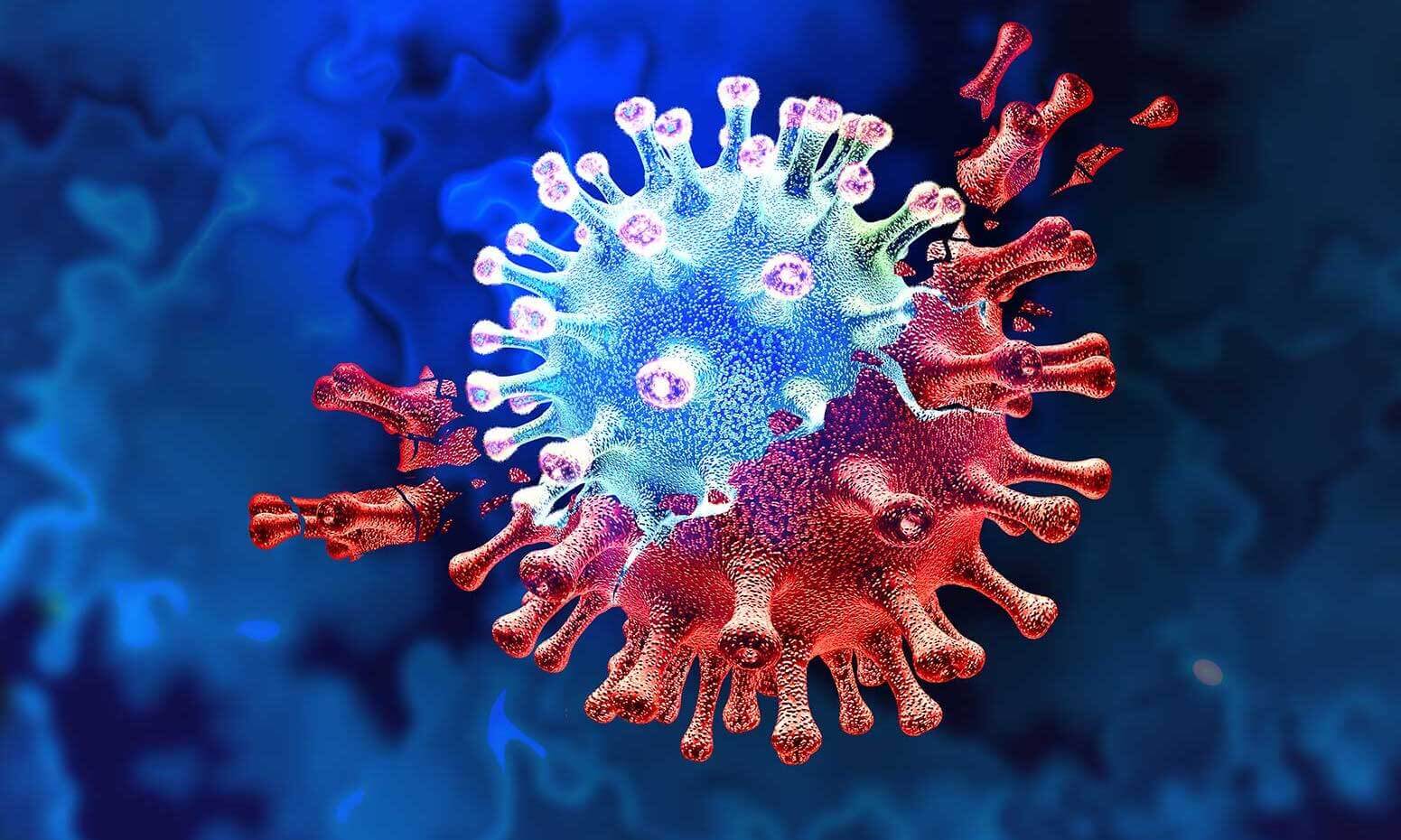An increasing need for effective leadership in healthcare has been witnessed across the world. The Covid-19 pandemic, in particular, highlighted the need of having capable and efficient leaders who could swiftly formulate solutions and adapt to changing conditions. As Gina Temple says, while leadership is commonly defined as the ability to manage a team in an efficient manner, this definition is simply a part of what makes a good leader. Healthcare leadership goes way beyond just maintaining the status quo. Rather it puts a significant emphasis on identifying challenges in the healthcare system and finding solutions to those problems.
Gina Temple talks about qualities important for effective healthcare leadership
Effective leadership is integral to the delivery of quality healthcare. In case the medical team at a hospital is unfocused or uncoordinated, it is the patients who pay the price. Good leaders put others firsts, facilitate efficient communication and try their best to boost productivity. These abilities are vital to ensuring the smooth functioning of healthcare teams. It makes sure that the patients get timely, quality care. After all, the domain of healthcare often requires a rapid response to issues that arise, making proper communication and high efficiency extremely vital.
Good healthcare leaders do not consider themselves to be above others. They, in fact, focus on understanding the inner workings of the team, and recognize the contribution of every member. An effective leader admits when they do not have all the answers, and proactively explores ways to identify the right solutions. These leaders show respect and genuine appreciation for their colleagues by d listening to their perspectives. The team members subsequently reciprocate this trust and respect. Efficient healthcare leaders value teamwork, and know that collaborating across specializations can lead to better patient outcomes. By ensuring seamless collaboration, clinicians can determine the most appropriate treatment approach for each patient.
In order to successfully lead a team and positively influence them, healthcare leaders should be visionaries. Efficient leaders have the capacity to see the bigger picture, and set ambitious goals as per its accordance. While maintaining focus on their vision, leaders try their best to guide their teams towards making progress on their patient and business goals, even when they are pulled in multiple directions simultaneously. Good leaders are often great mentors as well. Efficient leaders in healthcare make an effort to provide support and guidance to their mentees, and connect them with the necessary resources.
Good healthcare leaders have integrity, and act in alignment with their inner values. They tend to hold themselves and others accountable for their actions and behaviors, which makes them trustworthy and dependable to both their patients and colleagues. Healthcare leaders know that patients are more likely to speak honestly and openly with medical professionals whom they feel they can trust with their personal health information.
As Gina Temple says, while many people use the terms leadership and management as synonyms, in reality, leadership involves much more than the day-to-day operations of an organization. Healthcare in particular requires leaders who are looking to the future of healthcare and how to improve it.




